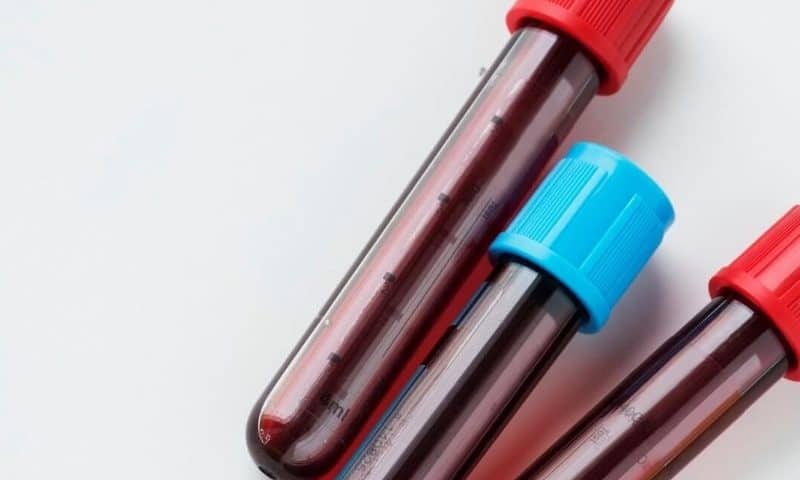After gathering tens of thousands of people to participate in its clinical research studies, Grail says it’s got at least one more to do—an interventional trial of its multi-cancer blood test, where it will be used for the first time by oncologists to help guide a patient’s care.
The FDA has given Grail a green light to conduct the study, dubbed Pathfinder, and it has already begun enrolling participants through the company’s health system partners at the Dana-Farber Cancer Institute, Intermountain Healthcare, Mayo Clinic, Oregon Health & Science University and Sutter Health.
The company says its previous clinical studies have built up evidence showing that its blood diagnostic—which filters out and analyzes the molecular structures of leftover pieces of floating tumor DNA—can now detect the presence of more than 50 types of cancer across early and late stages.
In addition, it can tell the physician of the disease’s tissue of origin. Grail hopes the Pathfinder study will show it can efficiently guide patients and caregivers to the appropriate treatment, and faster.
“We are partnering with leading healthcare systems to gain important real-world insight into the clinical use of our multi-cancer early detection test, an important step on our path toward commercialization,” Grail CEO Hans Bishop said in a statement.
The study plans to enroll about 6,200 people and follow their care for at least one year. In cases where a cancer DNA signal is detected by the test, the following diagnostic work-up will not be dictated by the study’s protocol, according to Grail. Instead, the next steps will be coordinated by the medical team at the partnered health system based on the person’s condition and typical clinical practice.
“The study is focused on people age 50 and older, which is an elevated risk population. People over the age of 50 have somewhere between 11- and 13-times higher incidence of cancer,” Grail’s chief of corporate strategy and external affairs, Joshua Ofman, said in an interview.
“They’ll come in, they’ll get their blood test, and if there’s a cancer signal detected pointing to the pancreas, for example, the physician and the study team will then decide what tests to do next based on the guidelines at that institution,” Ofman said. “We’re going to learn a lot about that process. That’s part of the beauty of how this study was designed.”
The study will also track the number and types of subsequent diagnostic procedures required to confirm the cancer and will gather the patient’s perceptions of the blood test at different times.
The company is also planning to launch a real-world evidence program later this year, Ofman said—through a large clinical registry and its health system partners—that will model the public health benefits of early cancer detection. In addition, Grail is hoping to read out data from its five-year-long, 100,000-woman Strive study in 2020, which paired its blood test alongside mammogram screenings for breast cancer.

